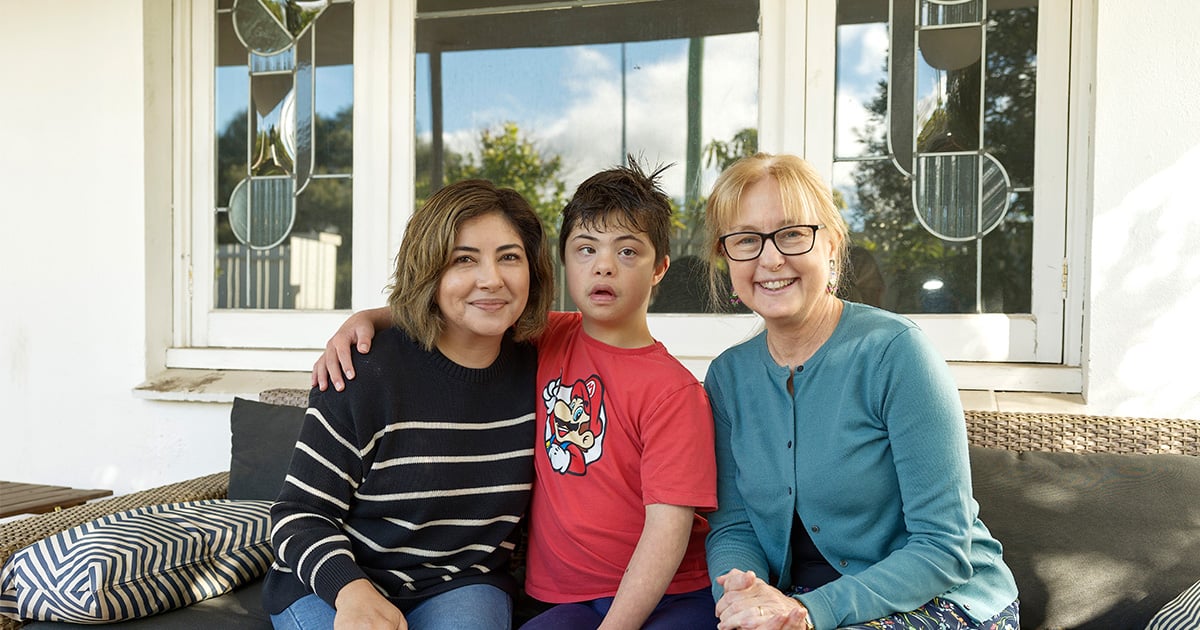Search
Showing results for "clinical trials"
Research
Systematic Review of Household Transmission of Strep A: A Potential Site for Prevention That Has Eluded AttentionAlthough Streptococcus pyogenes (Strep A) is the sixth-most common infectious disease globally, its transmission within the household remains an understudied driver of infection. We undertook a systematic review to better understand the transmission of Strep A among people within the home, while highlighting opportunities for prevention.

News & Events
World Down Syndrome Day: Building brighter futures through research, inclusion, and advocacyToday, on World Down Syndrome Day, we celebrate the lives, achievements, and invaluable contributions of people with Down syndrome.
Research
The Importance of Scabies Co-Infection in the Treatment Considerations for ImpetigoTreatment success for scabies co-infection was lower than for impetigo overall, with a higher success seen in the co-trimoxazole group than benzylpenicillin
Research
Hospitalizations Following Complex Hip Surgery in Children with Intellectual Disability: A Self-Controlled Case Series AnalysisTo evaluate the associations between complex hip surgery and subsequent hospitalizations in children with intellectual disability, including a subset of children with cerebral palsy.
The Rio Tinto Children’s Diabetes Centre; a Breakthrough T1D Centre of Excellence at The Kids Research Institute Australia and Perth Children’s Hospital (PCH), is a global hub for research into type 1 diabetes (T1D) in children.
Research
Do hypertensive diseases of pregnancy disrupt neurocognitive development in offspring?The current study sought to determine whether gestational hypertension and pre-eclampsia are associated with neurocognitive outcomes in middle childhood.
Research
Early mortality and primary causes of death in mothers of children with intellectual disability or Autism spectrum disorderMothers of children with intellectual disability or autism spectrum disorder (ASD) have poorer health than other mothers.
Research
A preliminary study of fetal head circumference growth in Autism Spectrum DisorderFetal head circumference (HC) growth was examined prospectively in children with autism spectrum disorder (ASD).
Research
Developing metabolomics profiles to differentiate between healthy, preschool wheeze and asthmaAndré Graham Ingrid Schultz Hall Laing MBChB, PhD, FRACP BAppSci PhD CRFS FANZSRS FThorSoc FERS BSc PhD Head, BREATH Team Honorary Research Associate
Research
UVB phototherapy for participants with an early form of multiple sclerosisMatt Prue Stephanie Cooper Hart Trend BCA Marketing, BSc Statistics and Applied Statistics, PhD BSc (Hons) MSc PhD BSc PhD Manager, Biostatistics
